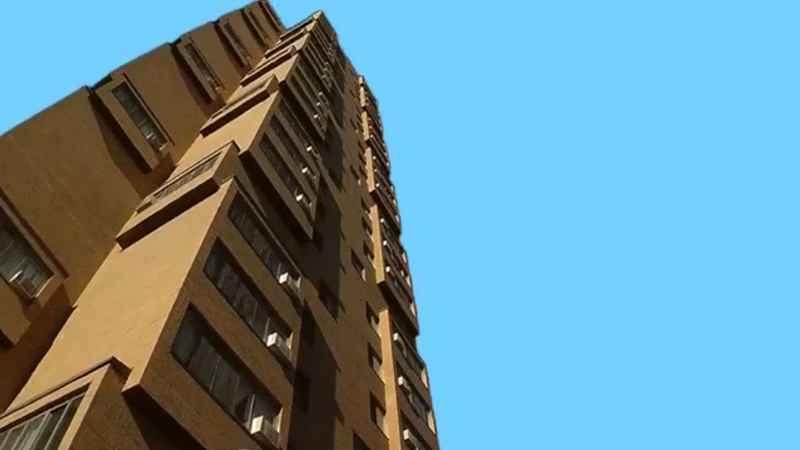Public housing struggles to find funding for fire sprinklers in high-rise buildings
[anvplayer video=”5044731″ station=”998122″]
A change in Minnesota state law that requires all public housing high-rise apartment buildings to be outfitted with fire sprinklers has local officials looking to the federal government for financial assistance.
During the special session last month, lawmakers tucked the language for the new mandate into the omnibus jobs bill but didn’t allocate any funding.
The U.S. Senate Committee on Banking, Housing, and Urban Affairs — which includes Sen. Tina Smith, D-Minn. — held a hearing Tuesday on the threats to health and safety in federally assisted housing, including the risk to properties that are not retrofitted with fire sprinklers systems.
The main narrative shared by Smith in her introductory comments detailed a tragic fire that killed five people in a public housing high-rise in the Cedar-Riverside neighborhood in November 2019.
"As the fire spread, residents clamored to get out," Smith said. "Stairwells and corridors filled with smoke and heat and people struggled to get down the high-rise stairs."

[KSTP]
The building where the fire started didn’t have fire sprinklers. The blaze led to a call to action to change state and federal law.
But in the year after the fire, 5 INVESTIGATES found the Minneapolis Public Housing Authority had still not retrofitted the tallest, most vulnerable apartments, including 630 Cedar Ave., the building where the fire started.
"Retrofitting a single sprinkler system is costly," Minneapolis Public Housing Authority Deputy Director Jennifer Keogh testified to the committee Tuesday. "It can cost $1 million or more, with the overall cost for this year’s installation in 10 additional units estimated at approximately $12 million."
Keogh, who joined MPHA in spring 2020, said the chronic underfunding of public housing and the lack of state funding comes at a cost to other critical infrastructure fixes.
"Despite overwhelming physical needs throughout the entire portfolio, we have made the installation of fire suppression systems a top priority," she told senators. "In doing so, due to the lack of funding, we are forced to ignore other critical needs of aging building systems."
Smith is sponsoring bipartisan legislation that would fund the cost of installing fire sprinklers in public housing units across the country.
"The federal government, I think, has a special obligation to make sure that homes supported by or funded by taxpayers are safe and free of known hazards," Smith told her colleagues.